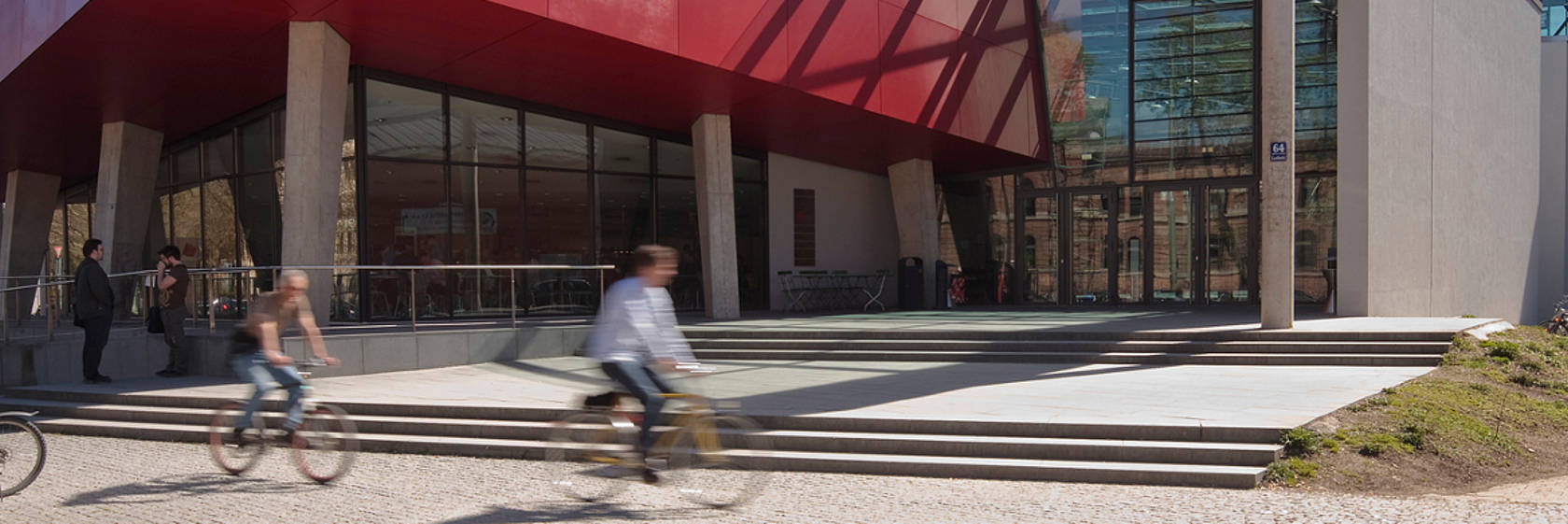At universities and equivalent institutions of higher education, the focus is on imparting theoretical knowledge and methodological competence, which is why studies are predominantly academic and research-oriented. In addition to teaching, research is one of the central tasks of a university. Universities are characterised by a strong research orientation and usually a very broad range of subjects. Some universities specialise in certain subject areas, which is often reflected in their designation as, for example, a technical university, university of education or ecclesiastical-philosophical university.
All public universities and the majority of state-recognised universities in Germany have been granted the right to confer doctoral degrees by the state and are thus entitled to train doctoral candidates and award doctoral degrees.
This is followed – with different weighting in the individual subjects – by the habilitation as proof of an academic's teaching proficiency. The right of habilitation is the right of a higher education institution to award a teaching qualification. As a rule, universities and equivalent institutions of higher education are entitled to this right, and, subject to certain prerequisites, also universities of the arts. In Germany, only universities (Universitäten) have the right to award habilitations.
Universities





![[Translate to English:] FAU Erlangen-Nürnberg. (Foto: Kurt Fuchs) [Translate to English:] FAU Erlangen-Nürnberg. (Foto: Kurt Fuchs)](/fileadmin/user_upload/editors/02_Forschungslandkarte/Fotos_Bilder/FAU_Erlangen-Nuernberg_FAPS_Fotograf_Kurt_Fuchs.jpg)
![[Translate to English:] Studierende an der Universität Bonn (Foto: Barbara Frommann/Universität Bonn) [Translate to English:] Studierende an der Universität Bonn (Foto: Barbara Frommann/Universität Bonn)](/fileadmin/_processed_/7/4/csm_Uni_Bonn_Barbara_Frommann_Studierende_21da0227db.jpg)
![[Translate to English:] Absolventen der Universität Bonn (Foto: Volker Lannert/Rheinische-Friedrich-Wilhelms-Universität Bonn) [Translate to English:] Absolventen der Universität Bonn (Foto: Volker Lannert/Rheinische-Friedrich-Wilhelms-Universität Bonn)](/fileadmin/_processed_/8/b/csm_Universitaet_Bonn_Volker_Lannert_762cacac9d.jpg)
![[Translate to English:] studieren und promovieren in Deutschland [Translate to English:] studieren und promovieren in Deutschland](/fileadmin/_processed_/9/1/csm_Hochschulkompass_be35189e70.jpg)
